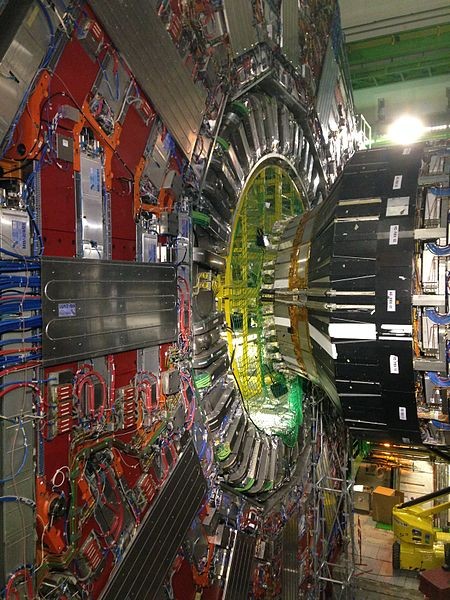The world's largest particle accelerator is apparently close to discovering a whole new fundamental particle that might provide clues for the existence of dark matter in the universe.
Particle physicists working at CERN (European Organization for Nuclear Research) have already published about studies regarding how this new particle can link to past studies and experiments done with the particle accelerator, the Large Hadron Collider. These new theories involve positing new flavors of the "God Particle" or the Higgs boson particle which is the fundamental particle why other particles possess their mass, that also proposes new candidates for dark matter.
When this new particle is proven to be real or if dark matter is confirmed, this means that the Standard Model of particle physics will be revised, and needs to be extended and even replaced.
Last week, CERN scientists who are working on the Large Hadron Collider have already outlined this new data where they covered a year's observations from two different detectors inside the massive atom smasher, known as ATLAS and CMS.
The particle smasher's data revealed a tantalizing "bump" during the curve of particle events where it possesses an energy level of 750-760 GeV that was identified in both detectors, which means it is less likely a fluke.
Scientists are still not confident with this type of data where this new discovery of this particle can only be determined using a "5 sigma" certainty. Sigma is a measure of how much more likely that someone observes something by chance.
According to Yasunori Nomura from the University of California, Berkeley, this is very exciting however, it is still not at the level where this can be called a discovery.
This new particle yielded a 3.9 sigma with best results, that can be considered intriguing enough, however, it is not enough evidence to say that a physicist observed a genuinely, brand new particle. Scientists and physicists are still confident that future data can prove the existence of this new particle.



























